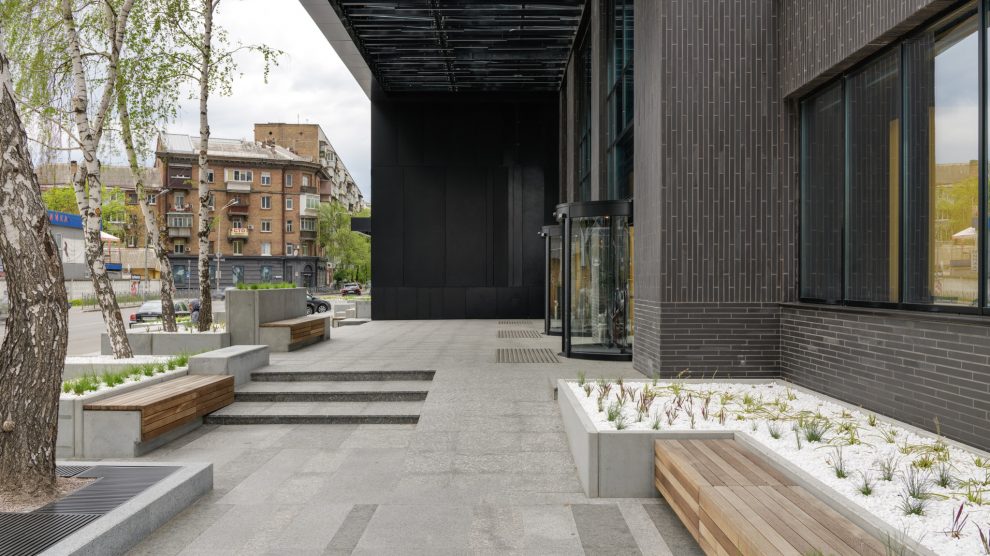Every city in the world has its fair share of abandoned areas. To prevent their decay, these are being converted into modern hubs as part of urban regeneration projects, a major trend in many big cities: Kyiv is no exception.
Urban regeneration involves the investment of public or private finance into areas that need improvement. In other words, former industrial areas are transformed into up-to-date places that have everything people need for work and leisure.
- An outstanding outside: Public areas in big cities
- How a year at home changed the real estate market globally and in Ukraine
- Real estate prices in Kyiv are soaring
Urban regeneration is mainly carried out to promote economic growth: increase employment, attract residents and investors and unlock potential in abandoned areas. The second reason is improving the quality of life for people who live close to these spots.
The three main types of urban regeneration are economic, social and environmental.
Economic urban regeneration is about creating places where people want to work, cooperate and exchange ideas while keeping pace with social and cultural life. The goal of economic urban regeneration is to support local start-ups, increase employment, encourage investments and provide businesses with new and comfortable locations.
Social urban regeneration aims to create a community, where all participants can contribute to group life and find a way of co-existing with similar-minded people.
Environmental regeneration, in turn, focuses on land recreation through the development of urban green spaces, the redevelopment of abandoned sites and the realisation of environmentally focused projects: those that promote walking and cycling.
From theory to practice
The Ukrainian capital Kyiv is a city with a vast Soviet heritage, once home to thousands of factories and industrial plants. Today, some of them are abandoned, but investors are determined to make something of them.
One of the best examples of successful urban regeneration in Kyiv is Art-zavod Platforma.
Launched in 2014, it quickly became the largest creative cluster in Ukraine. It is a place for hosting exhibitions and educational events, as well as concerts, parties and festivals.
Art-zavod Platforma has something to offer for everyone: artists, photographers, musicians, IT specialists and those who just love to hang out. It is safe to say that this place is a combination of all types of urban regeneration, which makes it a unique project for Ukraine.
We wanted Art-zavod Platforma to become a place for a community to share ideas.
So, we opened different co-working spaces. Our goal was not to create a place where one can spend a couple of hours in front of the laptop but to open a hub where you can find like-minded people and extend your network. We managed to create such places, and our co-working spaces have become spots where IT specialists gather and come up with ideas for start-ups.
Creating liveable cities
Another successful example of urban regeneration in Kyiv is Darynok – the largest family-type mall in Kyiv. It too was once an abandoned factory – now it is a place to do some shopping and spend time with the family.
The Platforma Korolenkovskaya business centre meanwhile was also an industrial area – now it is an up-to-date office building which has all the requirements of the new infrastructure.
Platforma Korolenkovskaya is a 12-floor building with an open terrace on the roof, a restaurant, a café, a lounge area, a bar, and an art space, where Ukrainian artists’ works are exhibited. All of this, together with its city-centre location, make it the perfect place work, rest, and play.
Kyiv is a huge city: but step-by-step we are doing all we can to make it more liveable.
Unlike many news and information platforms, Emerging Europe is free to read, and always will be. There is no paywall here. We are independent, not affiliated with nor representing any political party or business organisation. We want the very best for emerging Europe, nothing more, nothing less. Your support will help us continue to spread the word about this amazing region.
You can contribute here. Thank you.



